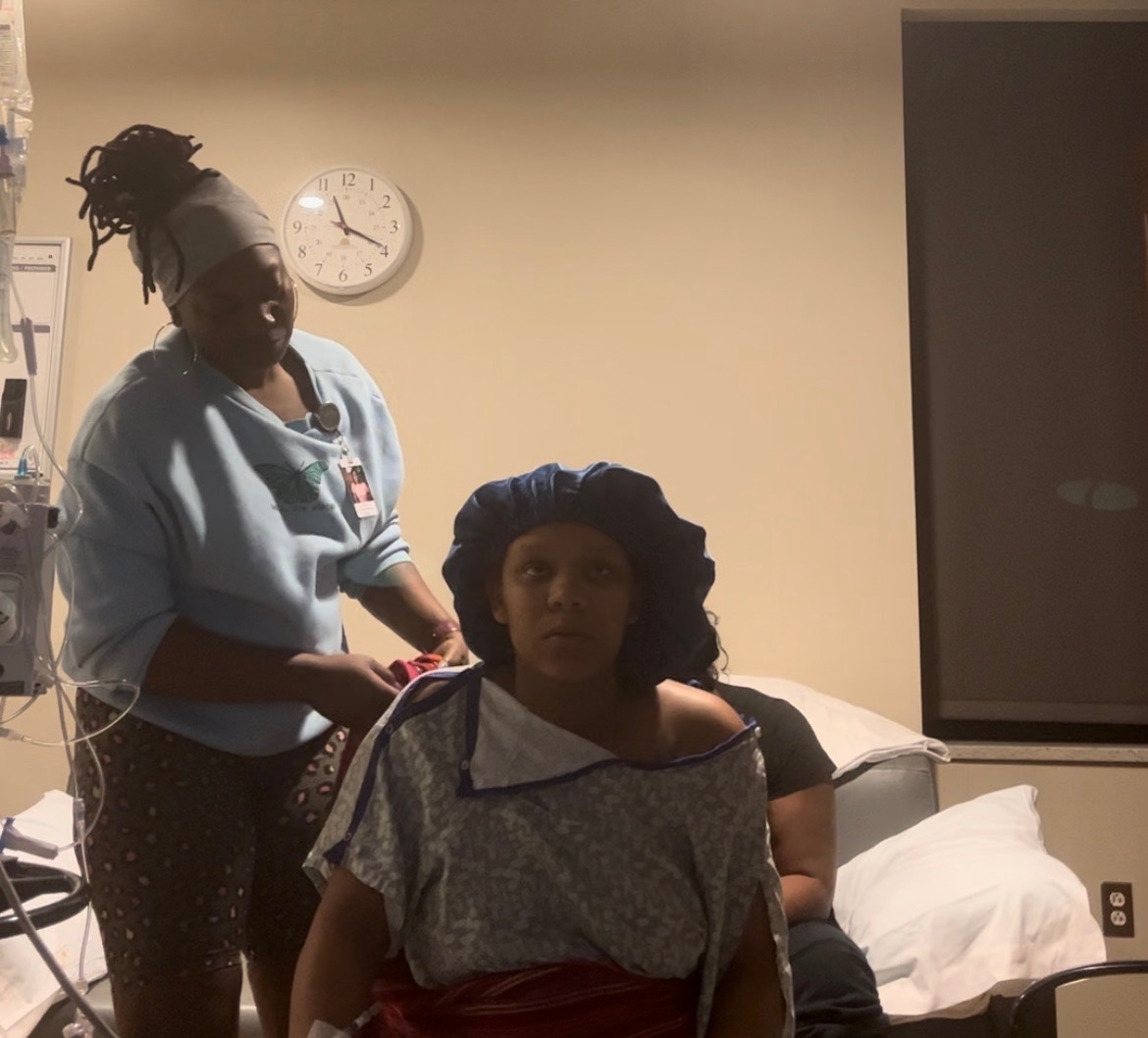The United States has a disproportionate number of adverse pregnancy outcomes for black women. This includes maternal mortality, which is one of the most preventable causes of death during pregnancy. Historically, there has been institutionalized racism and bias in medicine that has compounded the problem. It is possible that COVID-19’s disproportionate impact on communities of color may lead to further racial disparities in maternal morbidity and mortality. This makes the fight to save more black moms even more important today.
Black Maternal Mortality
With a focus on the Black maternal mortality crisis in the United States, this blog discusses structural and social determinants of racial disparities with special attention to their structural and social determinants. We explore how structural racism contributes to the increased risk of adverse obstetric outcomes for Black women in the United States as a result of structural racism. Additionally, we propose a number of strategies for decreasing racial disparities in maternal morbidity and mortality through public health, healthcare systems, and community-engaged approaches.
Social Factors
Recent studies suggest social factors play a significant role in pregnancy complications for Black women. These factors include a history of racial trauma, discrimination, and marginalization. The healthcare system has a number of systemic barriers. These include systematic racism, implicit bias, the possibility of being uninsured, limited access to reproductive healthcare services, and socioeconomic factors. Social determinants of health suggest that poor maternal outcomes for Black individuals are caused by factors embedded within the healthcare system that contribute to racism.
Disparities
Marginalized groups are disproportionately affected by these factors. It is well known that health disparities between individuals in communities that lack resources and education are exacerbated. They also continue to expand the gaps in access to equitable health care based on socioeconomic status, race, age, and other identifying characteristics. It is imperative that we dismantle institutionalized racism in healthcare systems. We must also create policies that will protect Black women by understanding the history of racism within healthcare. To reduce the rate of maternal morbidity and mortality among Black women, social and systemic changes are essential.
In order to account for the stark differences in reproductive health outcomes for Black women, it is imperative to pay attention to the intersectional roles that racism, discrimination, and other social determinants of health play in influencing disease and mortality risk among Black women.
Adequate Care
It is important that Black mothers have access to midwives and doulas who can assist them during pregnancy. Midwives play a crucial role in preventing preterm births and preventing C-sections. They also have a positive impact on breastfeeding among people who receive care from them.
There is a lack of racial equity for Black people who are giving birth. This is why doulas-when they are available-can fill a void that has been left in today’s healthcare system. Doulas can add an additional layer of advocacy. It has been demonstrated that doulas reduce some of the stressors that directly impact the health of a fetus during pregnancy.
We still have a long way to go in the fight to save more black moms. As long as we continue to share our stories and speak up for our rights changes will come.
Mommi~Lakesha Quarles










Leave a Reply